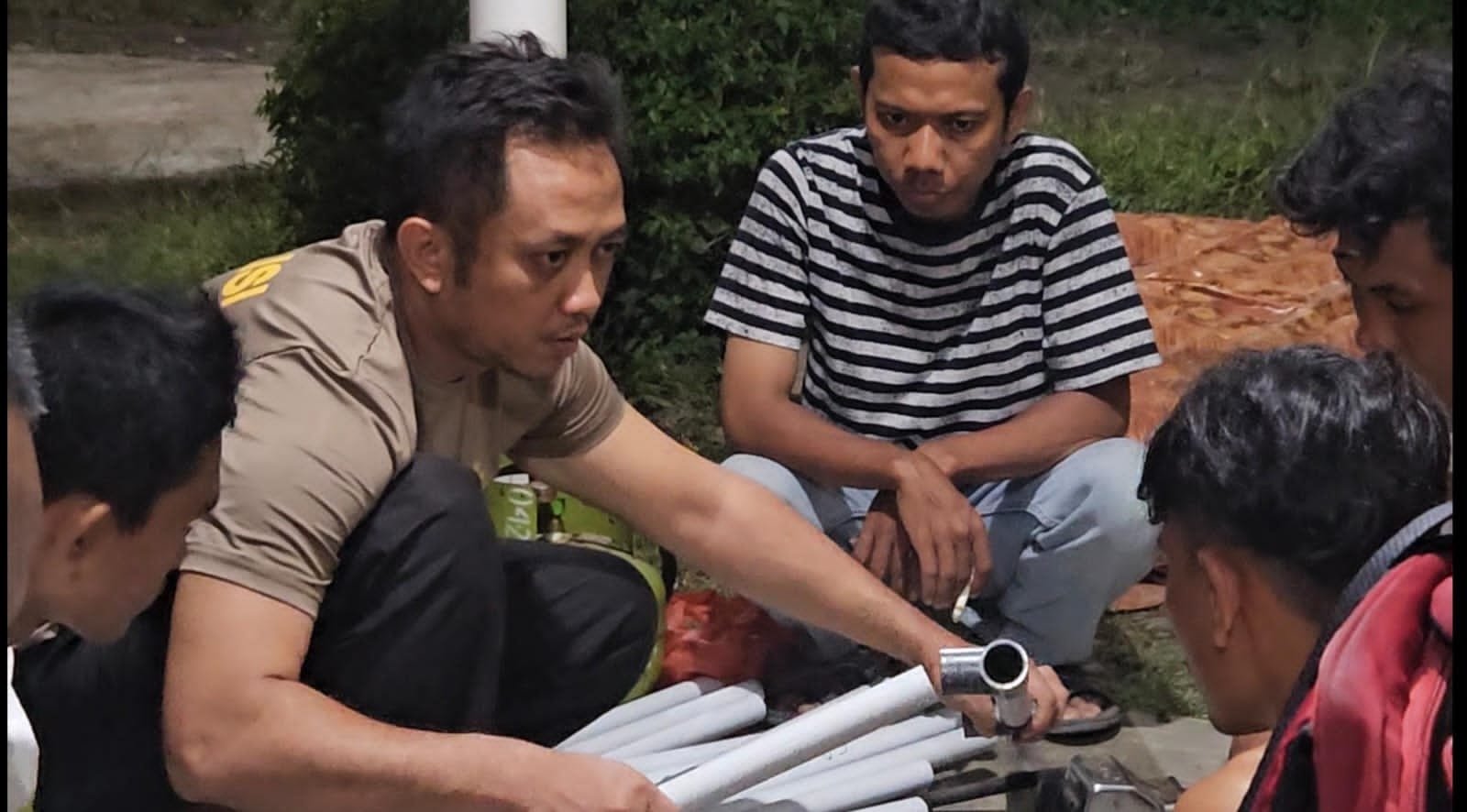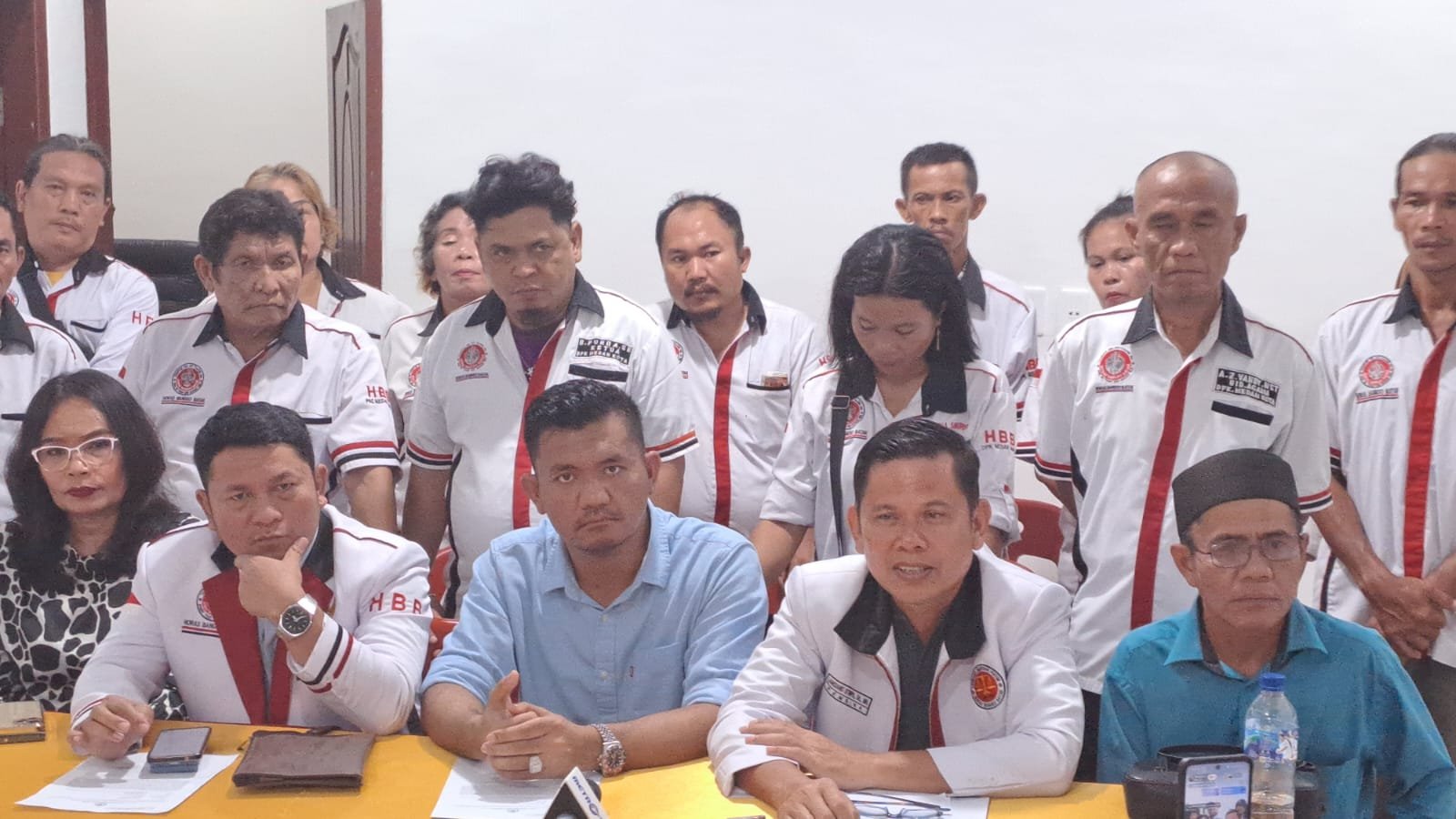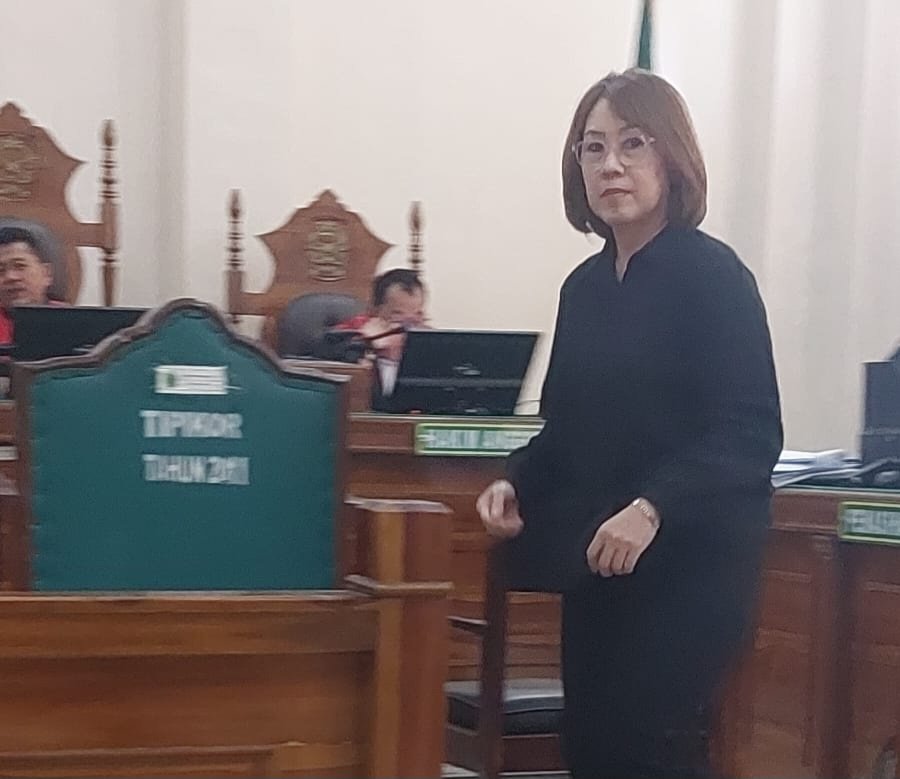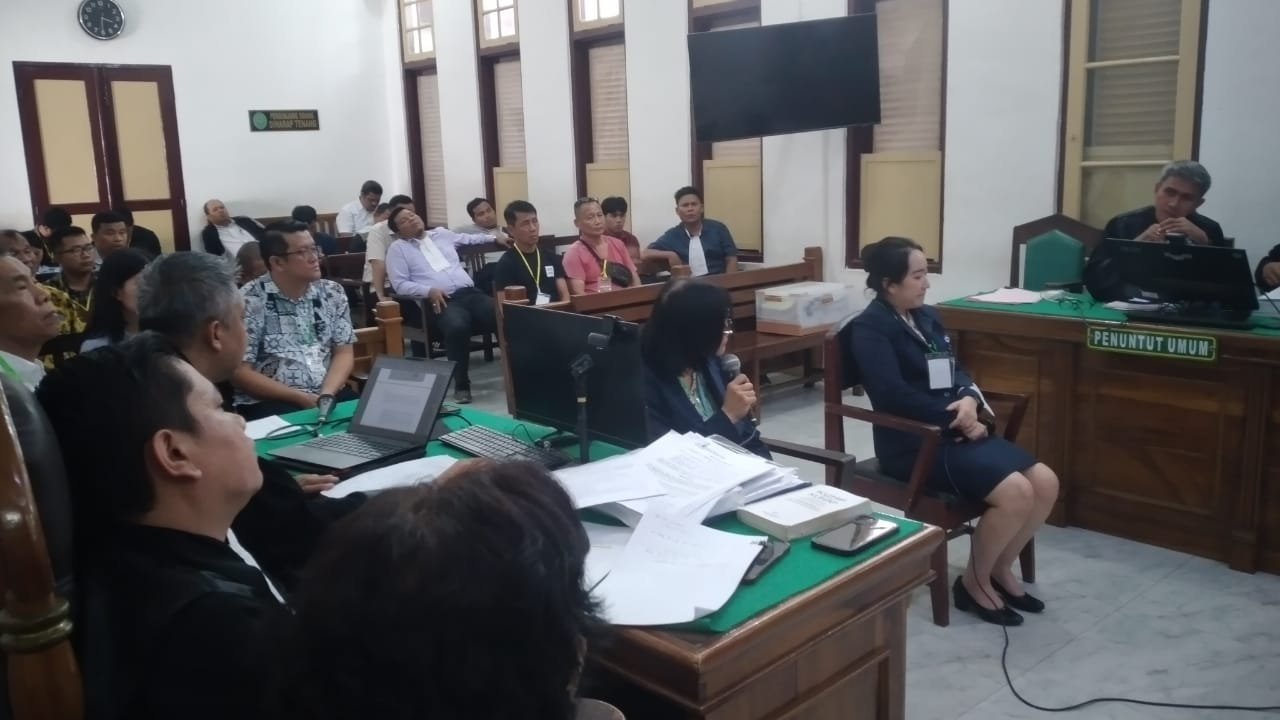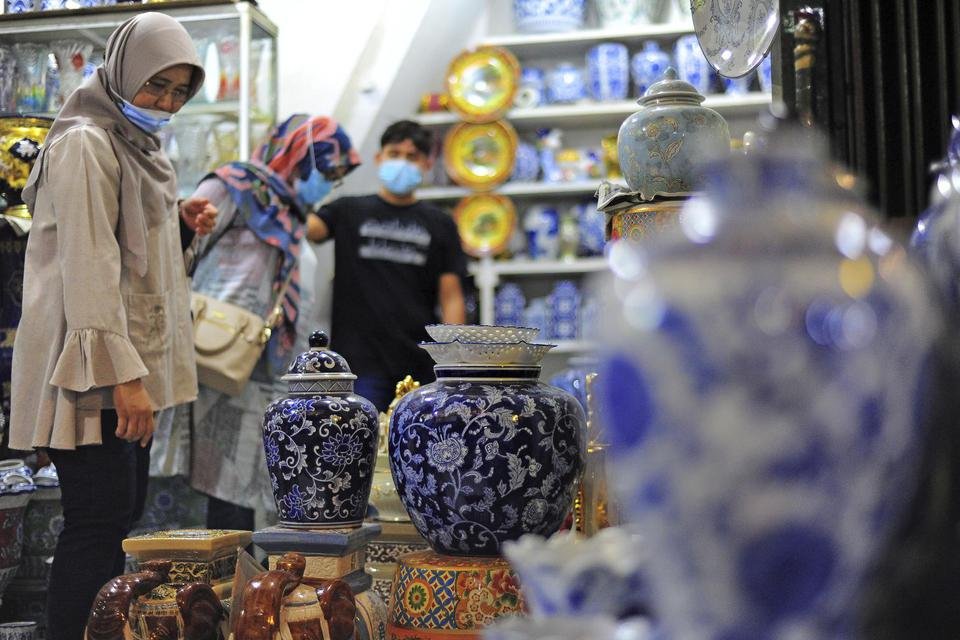
Mahkatop — The Ministry of Industry of Indonesia has announced that ceramic imports from China found to engage in dumping practices will face Anti-Dumping Duties (BMAD). According to findings by Indonesia’s Anti-Dumping Committee (KADI), non-cooperative companies or importers will be subjected to BMAD tariffs as high as 199%.
Acting Director General of Chemical, Pharmaceutical, and Textile Industries at the Ministry of Industry, Reni Yanita, explained that the proposed 199% tariff applies only to non-cooperative companies.
“The 199% tariff is specifically for non-cooperative companies. Approximately 39 or 37 companies will be subject to this highest rate,” Reni said at the Indonesian Parliament Building in Central Jakarta on Tuesday (9/7/2024).
Reni added that cooperative companies will face lower tariffs, ranging from 100% to 140%. However, this policy is not yet officially enforced pending approval from Minister of Industry Agus Gumiwang, who will then forward it to Minister of Finance Sri Mulyani Indrawati for enactment under the Minister of Finance Regulation (PMK).
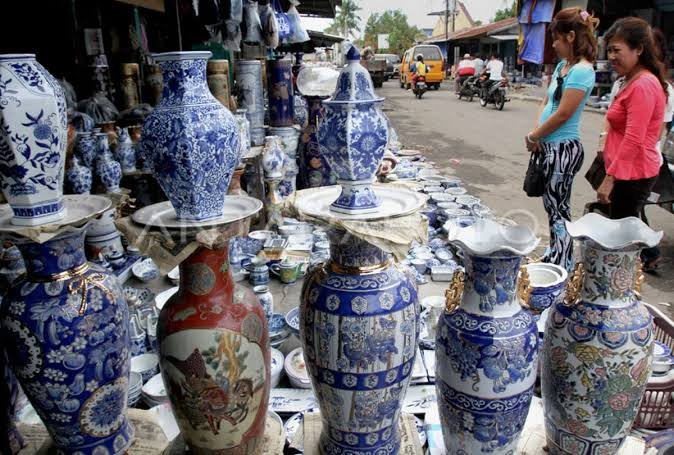
Previously, KADI had been investigating ceramic imports from China since March 2023 following a request from the Indonesian Ceramic Association (ASAKI). Chairman of KADI, Danang Prastal Danial, revealed that their investigation found evidence of dumping in these ceramic products. Dumping refers to the practice of selling commodities abroad at significantly lower prices than in the domestic market.
“KADI’s investigation into the import of ceramic tile products from China revealed evidence of dumping,” Danang said on Wednesday (3/7/2024).
The investigated products fall under tariff lines 6907.21.24; 6907.21.91; 6907.21.92; 6907.21.93; 6907.21.94; 6907.22.91; 6907.22.92; 6907.22.93; 6907.22.94; 6907.40.91; and 6907.40.92 according to the Indonesian Customs Tariff Book 2022.
Danang added that in accordance with Government Regulation No. 34 of 2011, these findings have been submitted to Minister of Trade Zulkifli Hasan for a decision on additional tariffs after considering inputs from relevant ministries and institutions. (*)


